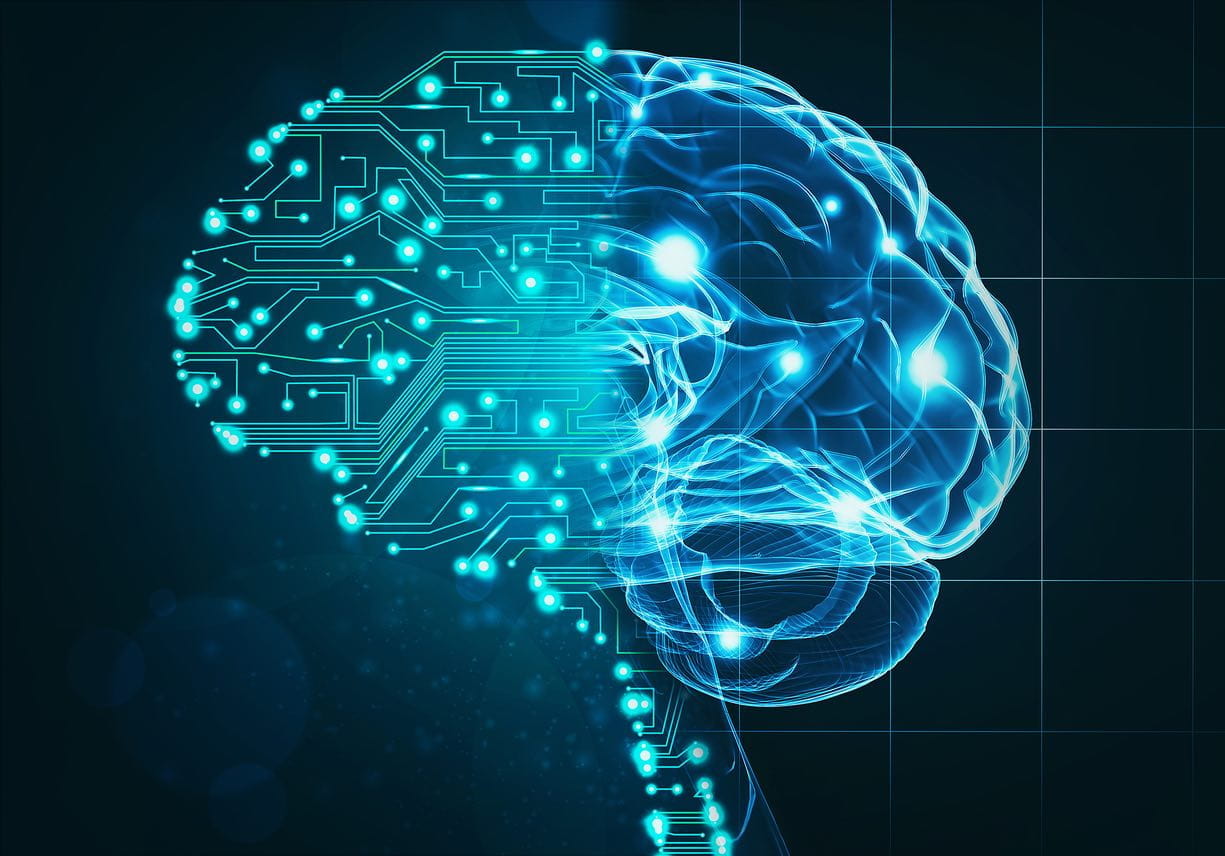Create Your Future!
Enrol now and start before the end of January to unlock BIG savings — enjoy registration and capital fee waivers!

The use of AI in education is a rapidly growing field, with a wide range of applications. This includes automated grading, personalized learning, and plagiarism detection. However, the use of AI in education also brings challenges and potential risks, including the potential for academic misconduct. As a school it is important that we use AI to help our students, but also understand the risks it can have to the overall academic integrity of our school culture.
As an IB continuum school, academic integrity underpins a positive school culture. The IB upholds principles of academic honesty, which are considered a set of values and skills that promote personal integrity and good practice in teaching. Students at NISC are expected to be principled, which is one of the attributes of the IB learner profile. This means that our students should be able to demonstrate honesty, fairness, and respect for others, and take responsibility for their own actions.
However, the rise of artificial intelligence (AI) tools has raised concerns about maintaining ethical standards in education. Generative AI tools such as ChatGPT have the potential to facilitate academic misconduct, including plagiarism. However, there are strategies that can be implemented to prevent such misconduct. One important strategy is to have open discussions about the ethical use of these tools and establish guidelines for their use.
Last week during SOAR Day with grade 11 students, students had a seminar on academic integrity and the positive and negative use of AI technology. Another strategy is to look into shorter writing exercises and using prompts that cannot be easily generated by AI engines. Ultimately, addressing these concerns requires a reconsideration of pedagogy and a commitment to upholding academic integrity.
Although AI tools can be used to generate text that can be submitted as original work, it is also important to note that AI tools can also be used for positive purposes, such as helping students learn and develop their skills. From personalized learning to automating administrative tasks, AI can help educators to work more efficiently and effectively and provide students with opportunities to learn more effectively.
One of the most promising applications of AI in education is personalized learning. AI algorithms can analyze student data and provide personalized feedback and guidance to help students learn more effectively. For example, AI tools can analyze student performance on formative and summative assessments and provide recommendations on what areas they need to focus on to improve their understanding of the material. This can help to ensure that each student is receiving the instruction and support they need to succeed.
Another application of AI in education is in the development of intelligent tutoring systems. These systems use AI algorithms to provide personalized instruction to students, based on their individual learning styles and needs. This can help to ensure that each student is receiving instruction that is tailored to their specific needs and abilities.
Finally, AI can also be used to improve accessibility in education. For example, AI-powered translation tools can help to make educational materials more accessible to students who speak different languages. Similarly, AI-powered speech recognition tools can help to make educational materials more accessible to students with hearing impairments. AI has the potential to transform education and improve learning outcomes for students of all ages.
However, it is important that the use of AI coincides with the academic integrity policy of our school. And although AI is rapidly developing, finding the right medium for our students is key to ensure that they are authentically meeting the outcomes we set.